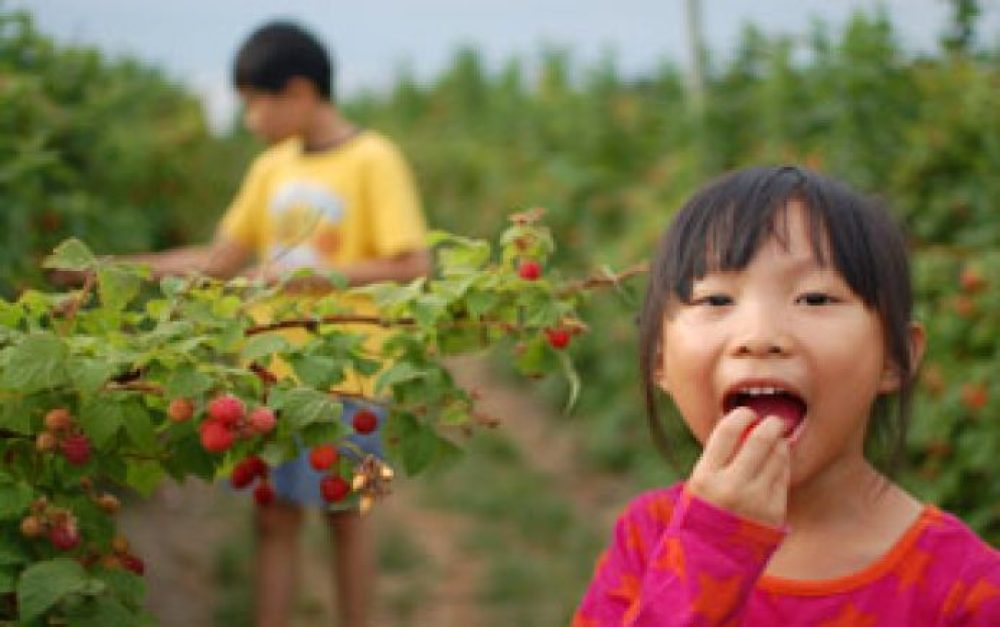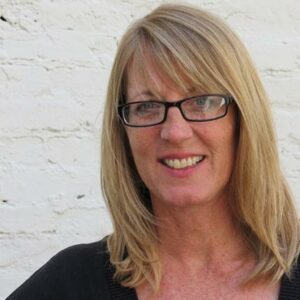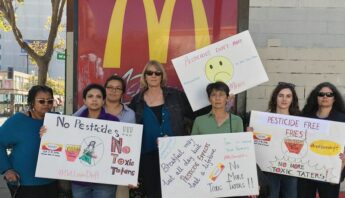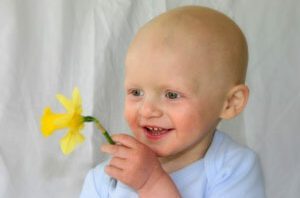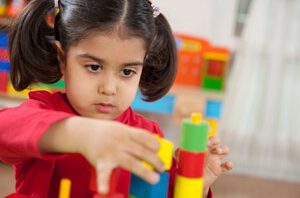At an all-day seminar last week, I listened to university researchers discuss this startling question: Are we poisoning our children?
Quite a provocative topic — some might even say alarmist. Yet scientist after scientist got up to the podium and presented hard data linking pesticides and other chemicals to learning disabilities, asthma, early puberty, childhood cancer and more.
No one answered the day's question directly, but the evidence pointed unmistakably to a resounding, very sobering "yes."
How much evidence is enough?
At the end of the day, I walked away with three strong emotions. First, deep appreciation for the researchers who do this important work. Studies tracking chemical exposures and health outcomes from conception through puberty are complex, expensive — and oh, so important. Their careful science is bringing to light linkages that have not been understood before.
Second, I felt just as deeply impatient, with a touch of anger mixed in. How can it be that our policies still allow pregnant women and children to eat, drink and breathe chemicals we know are especially harmful to young minds and bodies? Much of the science presented last week was completed years ago, and new studies confirm what we already know. Just how much evidence do we need before we, as a society, make the changes that will protect our children?
And third, I felt a renewed and nearly bottomless gratitude for our family's health.
How can our policies allow children to eat, drink & breathe chemicals we know harm young minds and bodies?
I have two children making their way through junior high and high school now, so the research on hormones and cognitive function hits very close to home. I can only imagine the challenges that children — and their families — face as they navigate cancer treatments, learning disabilities, early puberty or the hurdles posed by autism.
This puts our struggles with pre-teen attitude in proper perspective, and left me wanting to hug both our kids very close.
Strong science, clear findings
The provocative seminar was co-sponsored by three UC Berkeley programs: the School of Public Health, the Maternal & Child Health Program, and the Center for Environmental Research & Children's Health. Some highlights from the day's presentations:
- Children whose mothers were exposed to organophosphate pesticides during pregnancy were more likely to be born early, have abnormal reflexes as infants, and have lower IQ scores at 3 and 7 years of age.
These findings were from the long term CHAMACOS study, which is following 600 mothers in Salinas, CA from pregnancy through their children's puberty. They track exposure to pesticides and other chemicals by taking blood and urine samples several times each year, then monitor the children's health and development in various ways as they grow.
They've been tracking the families for 12 years now. Next up, they'll be reporting their findings on early puberty, particularly important for girls as it seems to increase the chances that they'll be facing breast cancer later in life.
A few more findings of interest:
- When either mothers and fathers are exposed to certain chemicals before conception, it may increase the risk of childhood cancer.
- When more pesticides are used in the home during pregnancy the risk of childhood leukemia is higher.
- The wildly complex study of epigenetics has found that people's bodies vary tremendously in how they respond to toxins — up to 65-fold variability — based on their genes.
This last finding was a particular eye-opener. Basically it means, among other things, that current pesticide rules are wholely inadequate to protect those of us born with genes that put us on the more sensitive end of the spectrum. Policymakers in DC and state capitols across the country definitely need to wrap their minds around this bit of science.
Thankful – and motivated
Thanksgiving is by far my favorite holiday of the year. This is partly because it involves good food, and the time to both create and enjoy it that is all too often lacking in our busy lives. But it's also because it offers a moment to step back from that busyness, take a deep breath, and truly appreciate all we have.
As a mom, our family's health is at the very top of that list, and the news from last week's seminar helps ensure that I won't take it for granted. It also renews and grounds my motivation to fight for change. Because no child deserves to have their healthy, joyful childhood stolen by harmful chemicals.



